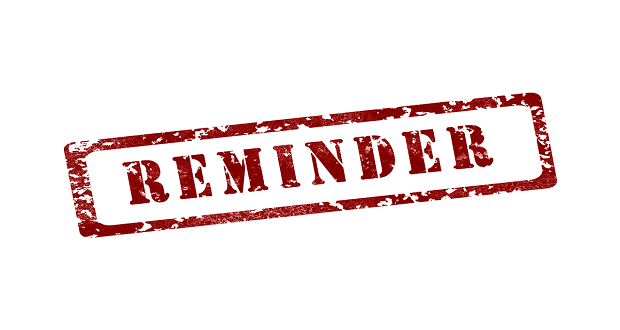
The field of Diversity, Equity, Inclusion and Justice (DEIJ) has become a major topic of interest during the year 2020. Due to the current climate of a triple pandemic in health, economics and racial inequities, the media has brought these critical issues to the forefront. This has left many businesses looking to make changes to their operations and find ways to incorporate these practices into their organizations. With organizations creating more positions in this field, it is a great time to be a DEIJ practitioner provided that you have the requisite qualifications. When a company is looking to make meaningful change, they understandably want someone with years of experience and proven results.
But this also makes it hard for people like me, who want to begin their journey toward making meaningful changes in DEIJ. As a Gen Z recent graduate looking to be a change agent, the first thing I noticed was the lack of entry-level positions. So, what can I or anyone else in my situation do right now to hone our toolkit and continue to spread the word around justice and inclusion beyond a class one’s employer may or may not be mandating?
What can I do right now to hone my toolkit and continue to spread the word around justice & inclusion beyond a class one's employer may or may not be mandating? Share on X- Educate and engage with social media, mindfully. Start small. Social media can be a great place to find easily digestible information from credible sources for a high-level understanding regarding everything from the definitions of Diversity, Equity, Inclusion and Justice to toxic masculinity and misogynoir. Be aware that there is also a vast amount of misinformation, so before reposting or recommending something, check all sources connected to the post to ensure they are reputable. These topics are also very dense and nuanced so a simple set of slides or a short video will not be enough to fully understand the concepts. Fortunately, leaders and activists alike have been providing information for decades in books, articles and documentaries that allow for a deeper dive.
- Start having the difficult conversations. Once you’ve done your own work, educating yourself and those within your sphere of influence, challenge the people around you and find ways to broaden your sphere of influence to spread information and encourage others to continue learning on their own.
- Be an advocate, not a performer. When posting and spreading awareness, be sure to consider your intention(s). These are not easy concepts and are sensitive in nature, so people are more willing to engage with you if they feel you are not being deceptive. Too often social media activism is seen as performative, as in the case of the July 7th Blackout Day. Originally meant to spread awareness to the importance of Black people’s spending power in the economy, the day became a way for individuals and brands to post a black square in fake solidarity with Black lives without taking actions towards promoting Back-owned brands or diversifying their leadership teams.
Shifting public perception of issues relating to Diversity, Equity, Inclusion and Justice requires that people everywhere spread reliable, credible information and have difficult conversations. Start small and continue the work in whatever your profession. There is room for everyone on the journey to a more diverse, inclusive, equitable and just society.
Shifting public perception of issues relating to DEIJ requires that people spread reliable, credible info and have difficult conversations. Start small and continue the work in whatever your profession. Share on X


















